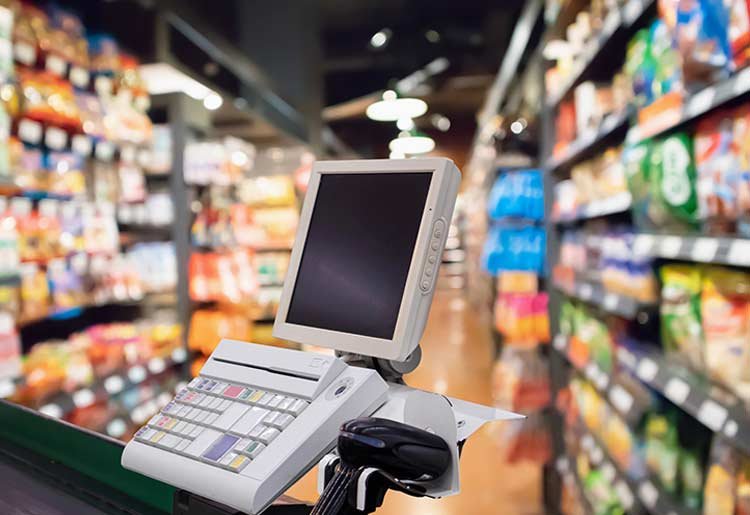Why POS Strategy Matters
In today’s evolving retail environment, the Point of Sale (POS) system is more than a transactional tool—it’s a critical component of a business’s operational backbone. A well-chosen POS system can enhance store efficiency, unify digital and physical commerce, and deliver meaningful insights that drive both revenue and customer satisfaction.
Essential Features of Modern POS Systems
Retailers must ensure their POS platforms go beyond basic functionality to deliver operational agility and improved decision-making. The following features define modern, business-ready POS systems:
- Inventory Management
Advanced stock tracking tools help maintain optimal inventory levels, reduce waste, and ensure availability. Businesses benefit from features like automated reorder points and stock alerts that mitigate costly supply chain disruptions. - Mobile Sales Enablement
The ability to conduct transactions via mobile devices increases floor efficiency and improves customer interactions—especially in high-traffic or large-format stores. - Vendor Management Tools
Centralized systems for managing supplier relationships, orders, and payment processes lead to better procurement discipline and transparency, which are critical for cost control and continuity. - E-commerce Integration
Unified platforms that bridge brick-and-mortar with digital storefronts enable seamless customer journeys, from online browsing to in-store pickup—ensuring consistency across channels. - Comprehensive Reporting & Analytics
Real-time access to sales data, inventory flow, and customer behavior empowers leaders to make informed decisions, forecast demand, and tailor marketing strategies effectively.
Key Considerations for Business-Focused POS Selection
Retail businesses evaluating a new POS system should prioritize alignment with operational goals and long-term scalability. Consider the following:
- Business Fit
Choose a POS system that matches the size and structure of your operation—whether a single-location retailer, a multi-store brand, or a hybrid online/offline business. - Scalability
Ensure the platform can grow alongside your business—adding locations, users, or product lines without requiring system overhauls. - Usability & Onboarding
A user-friendly interface reduces staff training time, minimizes errors, and accelerates adoption—especially critical in retail environments with seasonal or rotating staff. - Systems Integration
POS systems should integrate smoothly with accounting tools, loyalty programs, inventory systems, and CRM platforms to enable seamless workflows. - Support & Uptime
Access to responsive customer service and robust vendor support reduces operational risk and ensures business continuity during peak hours.
Bottom Line: POS as a Business Enabler
Investing in the right POS system delivers measurable business value:
- Operational Efficiency: Streamlines day-to-day tasks, reduces redundancies, and enhances staff productivity.
- Customer Experience: Enables faster, more personalized service across channels.
- Data-Driven Decisions: Empowers leaders with the insights needed to optimize inventory, pricing, and promotions.
- Strategic Growth: Provides a scalable foundation for geographic expansion, product diversification, and omnichannel integration.
Retailers who view the POS system as a strategic asset—not just a cost center—position themselves for improved performance, stronger customer loyalty, and sustainable growth.

